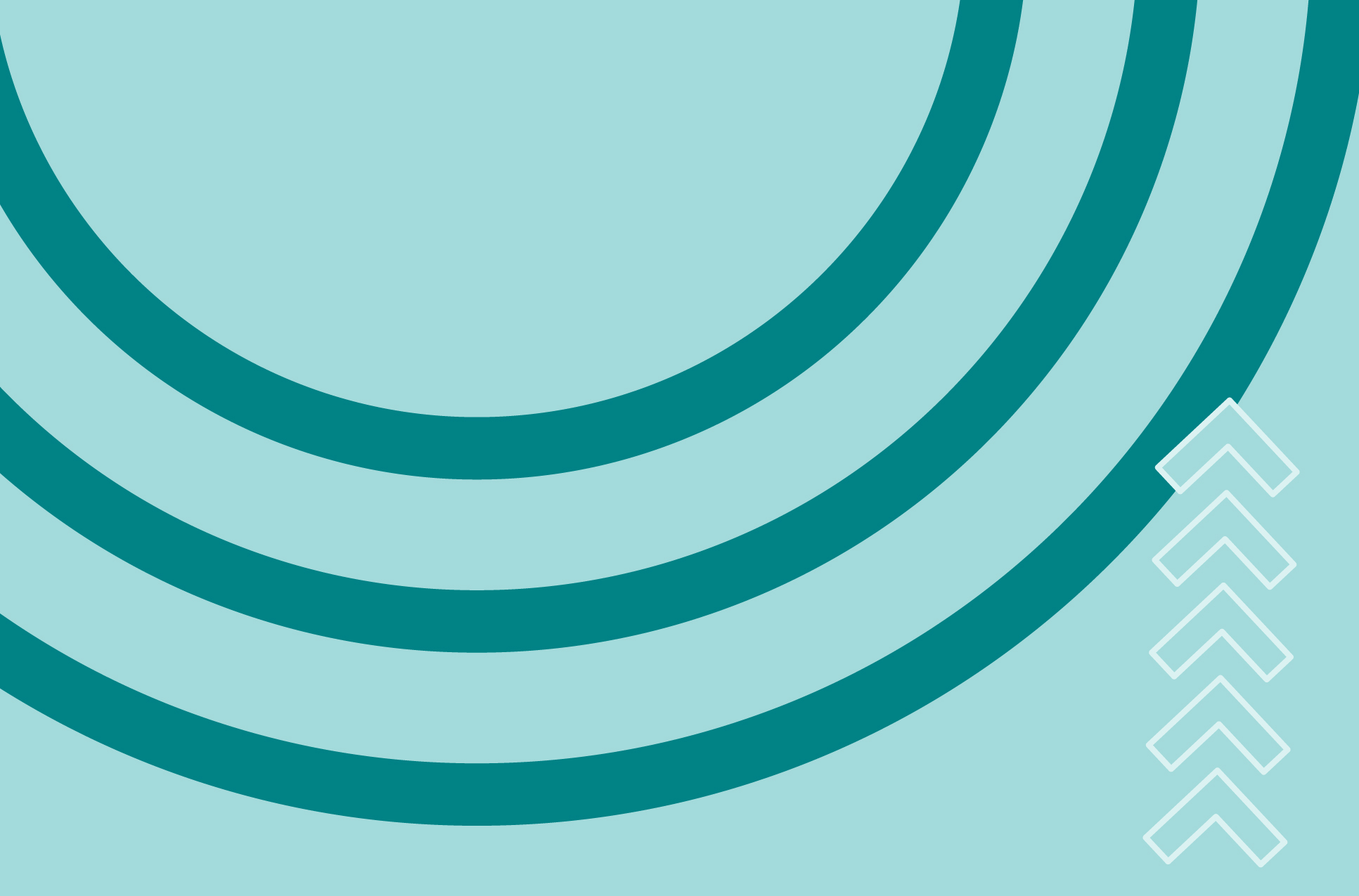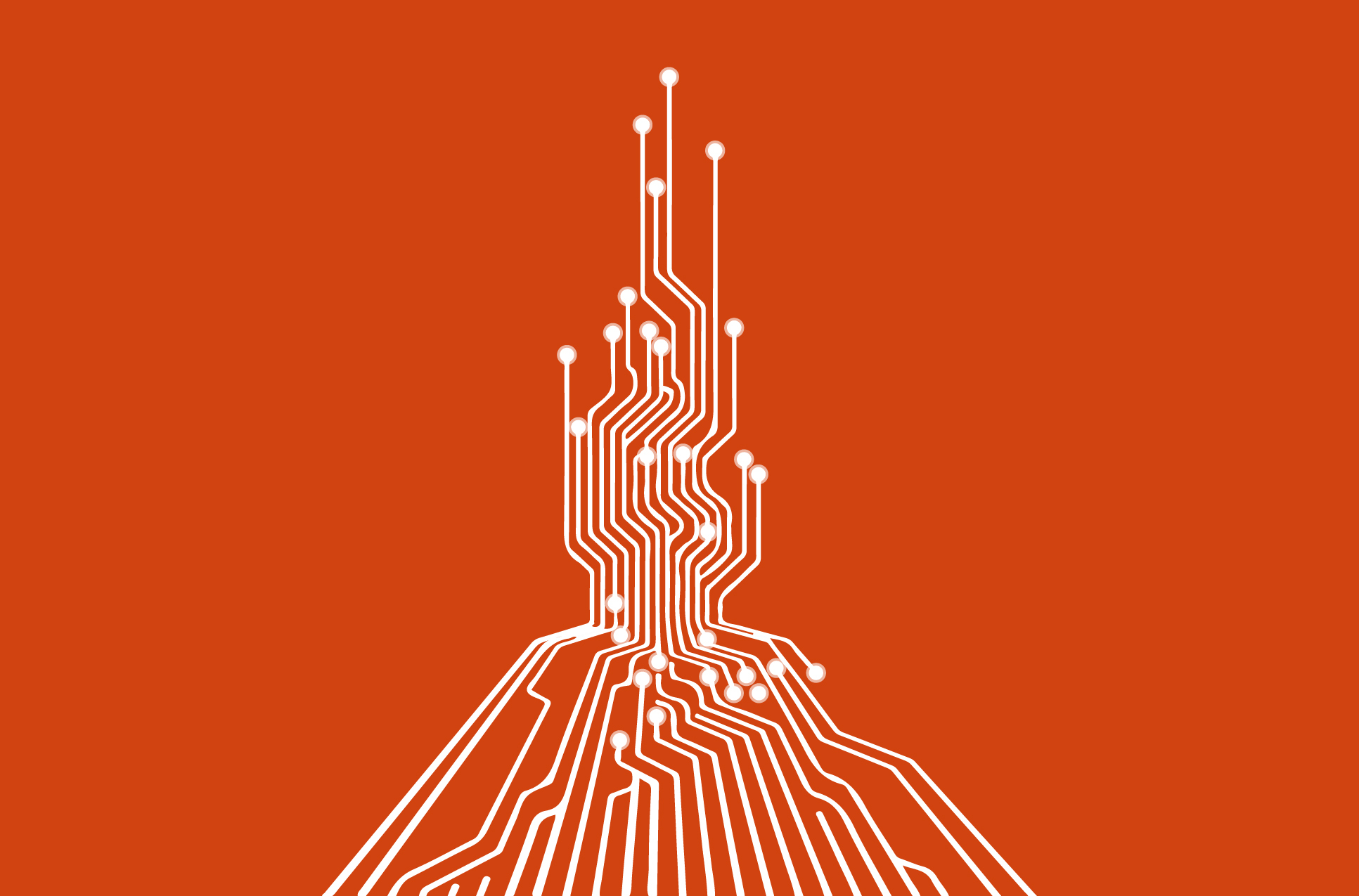The HLTH conference is always a great place to take the temperature of healthcare and get a sense of where the industry is headed, and HLTH 2024 did not disappoint. Artificial intelligence-powered patient monitoring tools and virtual telehealth solutions generated lots of buzz, and they highlighted an underlying truth that in healthcare, everyone is trying to find ways to do more with less.
A big theme of this year’s conference was improving access to care — and better coordinating care — for patients. Both concepts align closely with our newly launched Andros Arc provider network lifecycle platform. We heard from some payers who said they’ve invested heavily in enhancing their provider network analytics to try and better understand changes in their provider networks and their member needs in a fast-changing healthcare market.
Andros sent a team to Las Vegas this year to spread the excitement about our new platform, Andros Arc, and to hear from prospective customers about their biggest challenges. Here’s some of what we heard from them.
Prior Authorization and Gold Carding
Physicians and provider organizations have long expressed frustrations with the need to obtain prior authorization for specific services, procedures, or medications before they can be reimbursed. Yet, payers also face significant challenges, as the process adds administrative complexity and drives up costs. Prior authorization remains a major concern for payers, who continue to seek ways to alleviate the financial and operational burdens it creates.
The Council for Affordable Quality Healthcare estimates that the healthcare industry in 2023 spent $1.3 billion on administrative costs related to prior authorizations, up 30% year over year on rising volumes. Earlier this year, the Biden administration finalized a rule intended to streamline the prior authorization process among Medicare, Medicaid and Children’s Health Insurance Program (CHIP) plans.
In recent years, many commercial health plans have implemented “gold carding” practices in which providers that have demonstrated low denial rates and a track record of high-quality care are exempt from prior authorization requirements. Yet payers report mixed results from these programs and say it’s critical to frequently review gold carding programs to ensure they are appropriate. Payers told us they need a better way to integrate these reviews into their workflows to reduce administrative burden.
Care Coordination
Healthcare is famously fragmented, with different layers of primary care and specialist physicians and multiple technology systems that don’t always communicate with each other. Accordingly, payers have a hard time tracking where their members are going and who they’re seeing for care.
As alternative models evolve toward emphasizing value-based care, payers and providers alike need technology platforms that can better enable care coordination to help ensure shared goals of improved patient outcomes, cost and quality.
Medicare, Medicaid and D-SNP Networks
The ranks of retiring Baby Boomers have created huge demand for Medicare and Medicare Advantage plans, but also for dual-eligible special needs, or D-SNP, plans. Yet payers are struggling to fill major gaps in ensuring equitable access for their members. It’s already challenging to build robust networks of Medicaid providers, and it’s especially difficult at a time when so many physicians are retiring or burning out without adequate backfill. Payers need precision insights to be able to tailor to the needs of these seniors.
With all this in mind, we’re excited about our new Andros Arc platform, which integrates data from over 250 sources with our proprietary database of 7.5 million National Provider Identifiers (NPIs). This innovative solution empowers payers to optimize their networks through a more adaptable and proactive approach. We’ll have much more to say about its exciting new capabilities in the coming months.
Watch this space for more!


